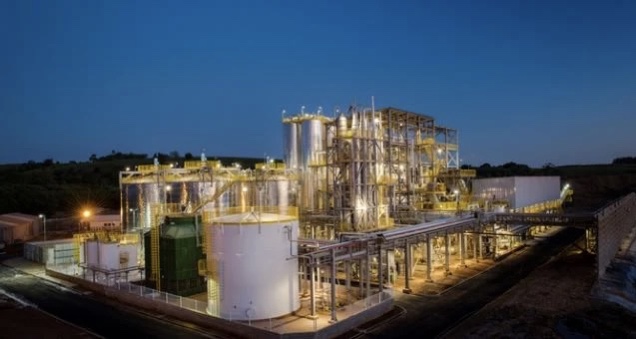Energy giant Shell has entered into a long-term agreement with Brazil’s Raízen to buy a total of 3.25 billion litres of sugar-crane cellulosic ethanol in a bid to meet growing demand for sustainable fuels.
 Courtesy of Shell
Courtesy of Shell
According to Shell, the low-carbon fuel is expected to be produced by five plans that Raízen plans to build in Brazil, bringing its total portfolio of cellulosic ethanol facilities to nine. As disclosed, Raízen expects to invest around $1.5 billion in the plants.
Under the agreement, Shell Trading Rotterdam will buy the cellulosic ethanol produced during the first 10 years of each new facility’s operational life. Raízen will supply cellulosic ethanol with a carbon intensity that is approximately 75% lower than gasoline.
The new plants, the first of which is expected to begin production in 2025, will enable Raízen to provide significantly more low-carbon fuel without creating land-use competition with food crops.
The last of the plants is expected to begin production by the end of 2027, meaning Shell would continue to receive sugar cane cellulosic ethanol from that plant until 2037.
The supply deal will also help Shell with its strategy of becoming a net-zero emissions energy business by 2050.
Ricardo Mussa, CEO of Raízen, said: “Large-scale production of sugar-cane-based cellulosic ethanol will position Raízen as a leading global provider of waste-based, low-carbon fuels and feedstock to replace fossil fuels. The size of this deal underscores that our second-generation ethanol (E2G) technology has achieved commercial scale and is able to support our customers’ decarbonisation journeys around the globe.”
Shell and Cosan, a Brazilian conglomerate producer of bioethanol, sugar and energy, each hold 44% controlling stakes in Raízen, while other shareholders hold 12%.
